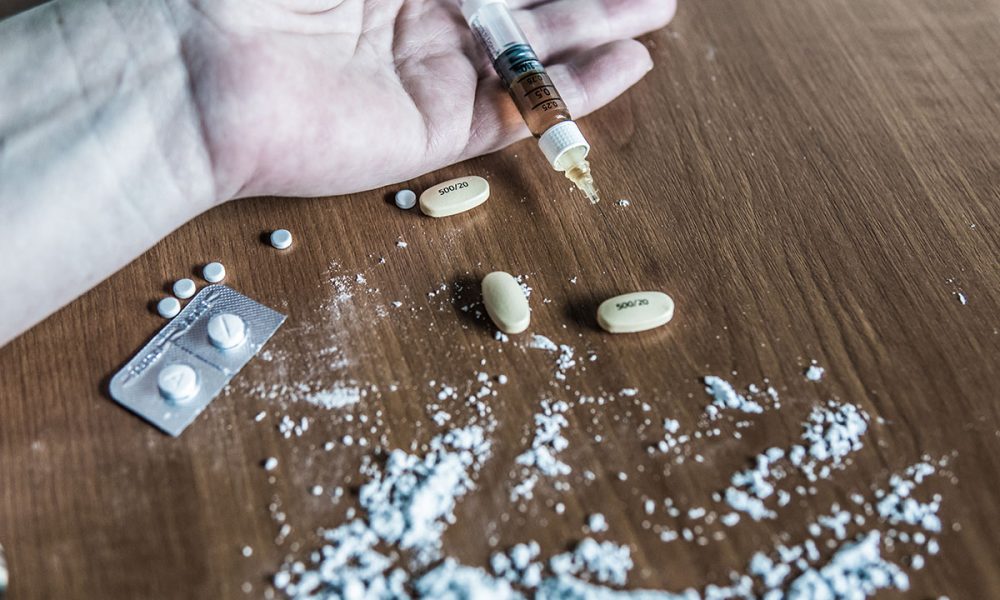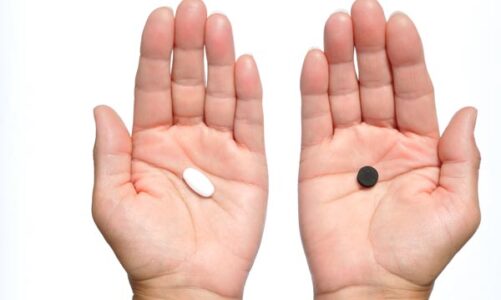Fentanyl
Fentanyl is a synthetic opioid that is frequently mixed with other illegal substances. While fentanyl has valid medicinal uses, such as in pain management, it also has addictive tendencies that may lead to misuse. Fentanyl is a synthetic opioid with devastating effects. It is almost fifty times as powerful as heroin.
Skyward Treatment Center is here to assist anyone needing fentanyl addiction treatment in the Houston area of Texas. We offer many treatment options, from medical fentanyl detox to aftercare plans. Our treatment regimens are also tailored to a client’s individual needs.
Fentanyl Addiction Therapy
Fentanyl addiction treatment often starts with a medical detox regimen. Medical detox allows the patient to safely and effectively detox from fentanyl while also obtaining treatment for any unpleasant or potentially life-threatening withdrawal symptoms that may arise. Professional medical care is provided round-the-clock in medical detox programs. Medication may also be utilized during detox to alleviate cravings and other withdrawal symptoms. At-home or rapid detoxes pose the dangers of relapsing or undergoing hazardous withdrawal symptoms.
Commonly Drugs Used During Medical Fentanyl Detox
The medical staff may prescribe various drugs to treat the patient’s withdrawal symptoms during fentanyl detox. These drugs include.
Naltrexone
This drug counteracts the effects of fentanyl and similar drugs by binding to opioid receptors. Naltrexone is not recommended as a stand-alone treatment during the first stages of detox since it works so quickly to counteract the effects of opioids and would trigger severe withdrawal symptoms. However, Naltrexone helps reduce cravings and inhibit the effects of any subsequent opioid abuse once a full detox has been completed.
Methadone.
Methadone is a long-acting opioid that can help alleviate fentanyl withdrawal symptoms by stimulating the same receptors. Methadone’s lengthy half-life means it can be administered less often than other opioid replacement therapies while still effectively reducing fentanyl and heroin cravings.
Buprenorphine.
Buprenorphine replaces opioid receptors just like methadone; however, it only stimulates these receptors moderately. This makes it less likely to cause euphoria, hence, more effective at reducing withdrawal symptoms.
Suboxone.
Suboxone combines the effects of buprenorphine and naloxone in a single medication. These two substances work synergistically to alleviate withdrawal symptoms and counteract the euphoric effects of opioids like fentanyl.
Seek Quality Addiction Treatment Services from Skyward Treatment Center.
Patients with severe to moderate fentanyl and other drug addictions are often advised to seek treatment from residential rehab programs. Addiction to fentanyl is best managed at an inpatient rehab facility. Skyward Treatment Center is unlike other treatment facilities since it offers an atmosphere more like that of a home than a professional setting, which may help reduce anxiety and stress. Our facility helps reduce the relapse rates of our clients by offering them enough time to unwind and concentrate on putting their newfound knowledge into practice. Hundreds of individuals achieve sobriety every year with the support of our diverse team of addiction professionals who offer quality, compassionate care. Contact us for more queries regarding our evidence-based fentanyl addiction treatment options or to book an appointment.


